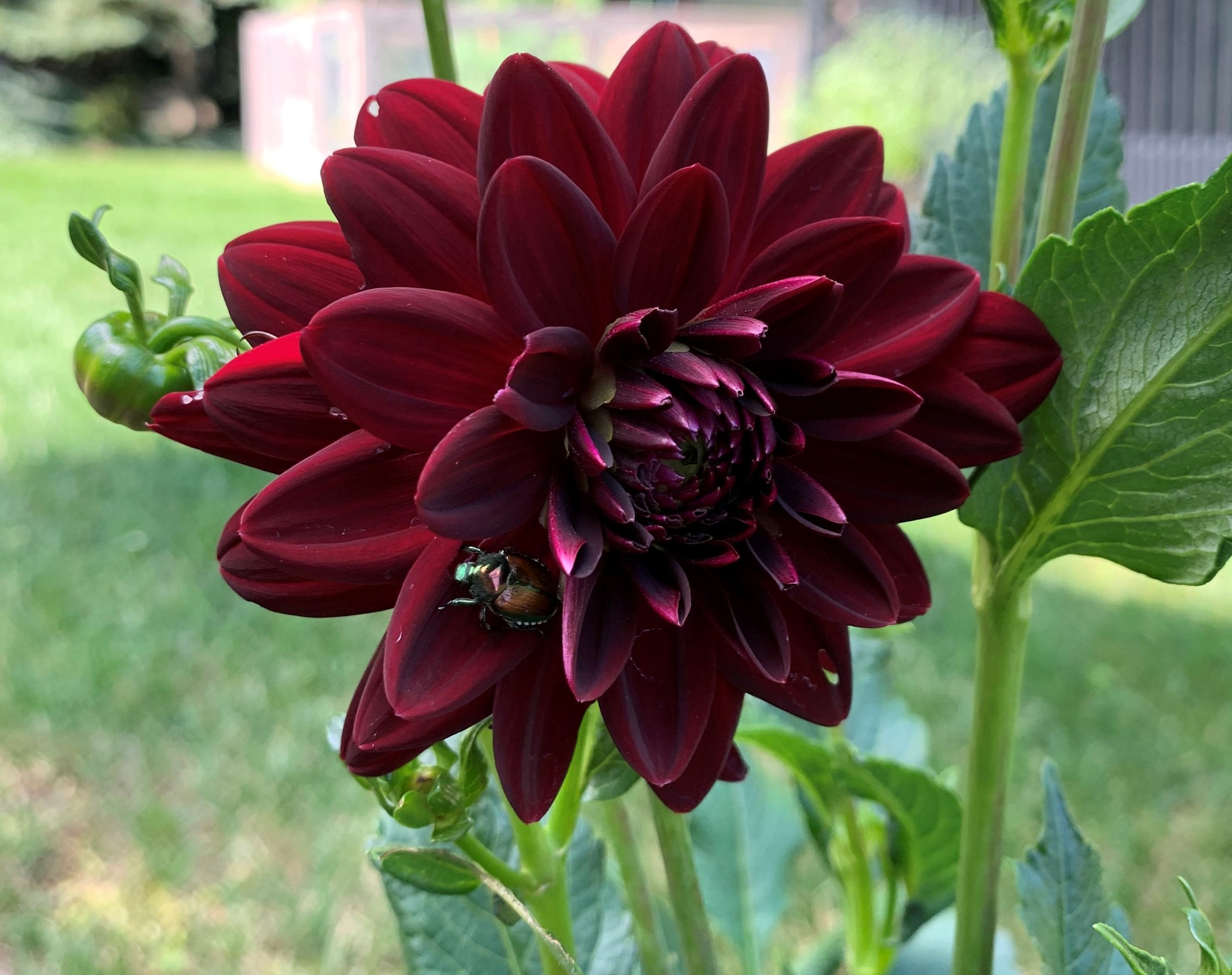
Peeriya Pongsarigun; John Viano
on translating Chiranan Pitpreecha
The original poem was written using a Thai rhyme-scheme called Kapyani 11, in which each line consists of two parts, with the first part containing five syllables and the second containing six — making for eleven syllables per line. Each stanza is made up of two lines and the last syllable of each stanza must rhyme with the last syllable of the first line of the next stanza. It may sound complicated, but Kapyani 11 is actually one of the simplest forms of Thai poetry. Below is a further illustration of the Kapyani 11 style. Like font effects indicate rhyming syllables.
Satri mi chiwit lang roi phit duay het phon
Khunkha serichon mi chai pron kamarom
Dokmai mi nam laem mi chai yaem khoi khon chom
Ban wai phuea sasom khwan udom haeng phandin
As is seen above, the fifth and the eighth syllables of each line rhyme,\ and the eleventh syllable of the first line of the couplet continues the scheme by rhyming with the fifth syllable of the second line.
We chose to translate the poem into couplets because they are simple and easy to read. We kept the use of the pronouns “she” and “her” as in the original, as well as the use of a flower to symbolize women and womanhood. We adapted many of the Thai idioms with devices or constructions of similar semantic and visual value in English, such as “She is not bewitched by golden fleece” or “to decide for whom to show her blossom.” In Thai, the two phrases literally mean “She is not excited by beautiful clothes” and “Not men’s banquet,” respectively. In English, the use of the literal phrases would drastically reduce the intelligibility of the translation while also depriving the reader of the original’s visual intensity. Hence, we endeavored to make the literary imagery as sharp in translation as in the original, while doing our best to preserve the sense of sound and rhythm that gives the poem its full power.
about the author
Chiranan Pitpreecha is a famous Thai writer and poet. She was a student at Chulalongkorn University and was one of the leaders of the October 1973 pro-democracy student movement against the military government in Thailand. She, with thousands of other Thai students, fled to the jungle in the aftermath of the October 6, 1976, massacre at Thammasat University, Thailand’s “Tiananmen Square” moment. During the massacre, the Royal Thai Police, the Royal Thai Border Police, the Royal Thai Military, and civilian paramilitary forces surrounded and invaded the Thammasat University campus under “free-fire” orders, resulting in the deaths of an untold number of unarmed student protesters, many of whom were killed trying to surrender to authorities. Their bodies were hung from the trees on campus and left for the public to deface. Pitpreecha later joined the Communist insurrection as well. She wrote a lot of feminist and left-wing poetry while hiding from authorities in the jungle. Pitpreecha returned from the jungle in 1981 and resumed her education at Cornell University, where she received a BA and MA in history. The Missing Leaf, her first book of poetry, which was based on her experience in the jungle, won the prestigious South East Asia Write Award in 1989. A Flower’s Pride is one of the main poems in The Missing Leaf.
about the translator
Peeriya is a native speaker of Thai and a current Fulbright Teaching Assistant grantee at the University of Pennsylvania. John is an American fluent in Thai and a researcher affiliated with Chulalongkorn University. Together, we have translated more than one hundred children’s books, principally from Thai to English, as well as song lyrics and poetry. Most recently, we won third place for poetry in the Bangkok Literary Review’s 2018 Translation Prize (and were subsequently published). All in all, we excel in creating English language rhyme schemes that echo those of the Thai sources while faithfully communicating the author’s message.

photo by Quinn Gruber
